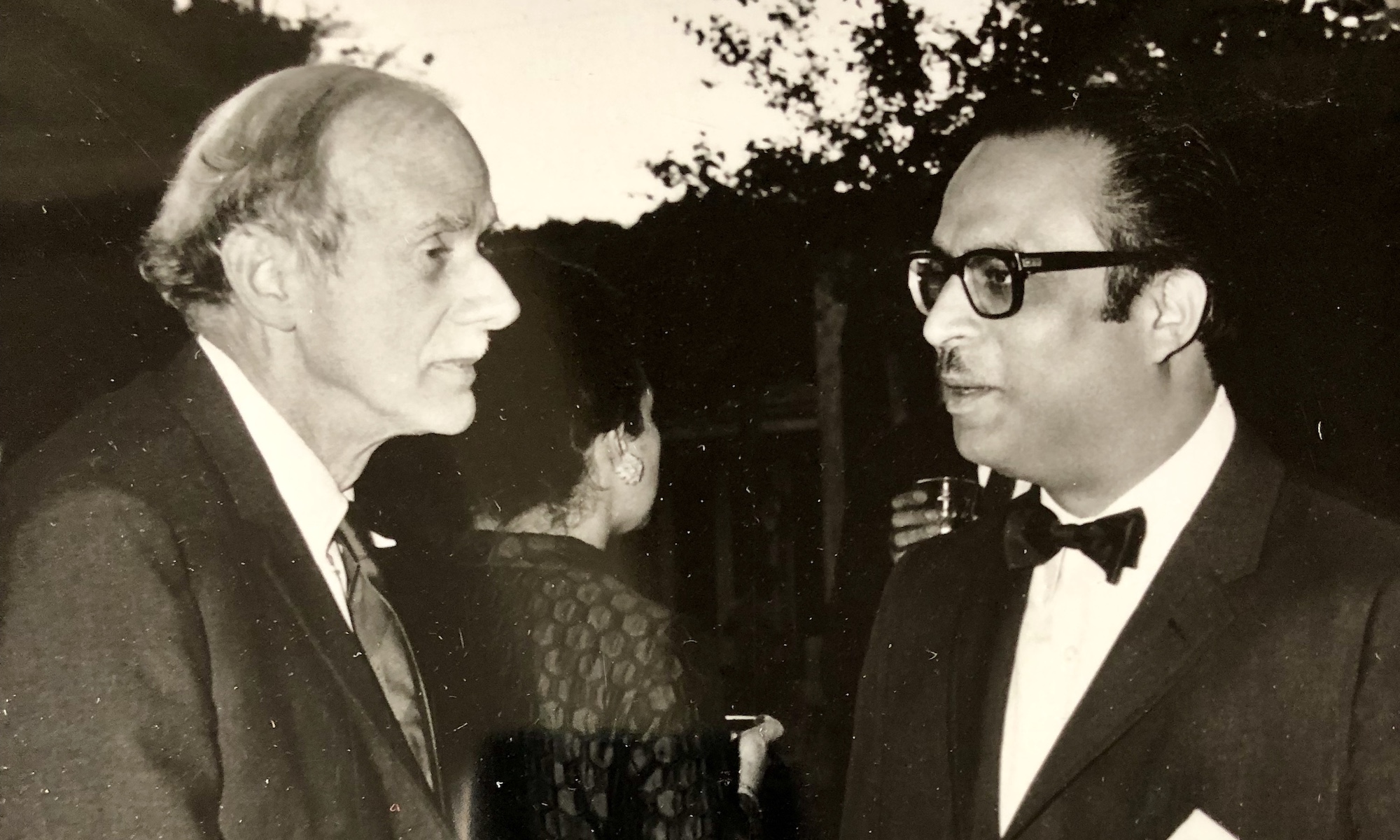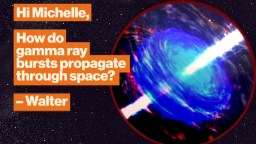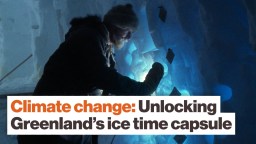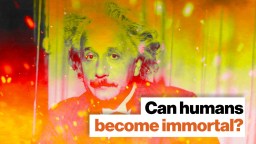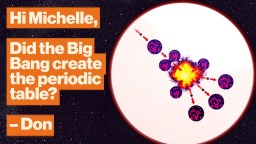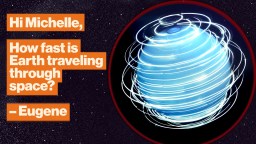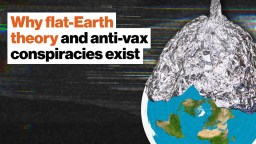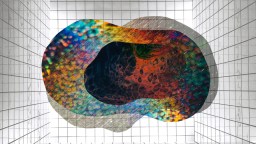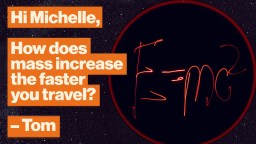science
Remembering a 1972 symposium gathering of the world’s greatest physicists.
Future cancer research may come from studying antler growth.
Here’s how we stop a health crisis before it wreaks havoc on us.
▸
15 min
—
with
Gigantic explosions of light are reverberating across the universe.
▸
7 min
—
with
There are clues to the future and past trapped in Greenland’s ice.
▸
11 min
—
with
Ever wondered why the longest day of the year happens when it does?
Michael Pollan explains what goes on during the mental fireworks of a psychedelic experience.
▸
5 min
—
with
Technology may soon grant us immortality, in a sense. Here’s how.
▸
4 min
—
with
Albert Einstein is synonymous with genius. While we’re all aware of his outstanding contributions to science, much of his brilliance is incomprehensible to us because it pertains to such an […]
The periodic table was a lot simpler at the beginning of the universe.
▸
6 min
—
with
New experiments look to the interplay between neutrons and magnetic fields to observe our universal reflection.
Why did government officials stop psychedelics from reaching mainstream culture?
▸
22 min
—
with
300 years of industrialization have boosted our IQ scores in one very specific way.
▸
6 min
—
with
We are hurtling through space. But where are we going?
▸
7 min
—
with
Templeton Prize winner Marcelo Gleiser on knowledge, the endless frontier.
▸
with
Rote memorization doesn’t cut it for theoretical physicist Michio Kaku. Here’s why.
▸
4 min
—
with
Humans are hardwired to believe in nonsense, says Michio Kaku. So what can we do about it?
▸
4 min
—
with
Black holes may give us a glimpse of the underlying nature of reality.
▸
7 min
—
with
On the eve of receiving the Templeton Prize, Marcelo Gleiser reflects on his life.
Why do all of our virtual assistants have a female voice?
A DNA test promises to reveal your hidden history — but is it all smoke and mirrors?
Giving A.I. a role in health care can help both doctors and patients.
▸
5 min
—
with
We may be able to detect cancer soon by simply peeing on a stick.
▸
8 min
—
with
A new genetic analysis reveals big differences between cultivated and wild tomatoes and domesticated, store-bought tomatoes.
Don’t start investing in flux capacitors just yet, though.
The answer is surprisingly simple, if cataclysmic.
What if all planets were the same distance from Earth as the Moon?
Geologists may have spotted evidence of the beginning stages of a subduction zone, a process that drives the movement of Earth’s tectonic plates.
Light exists outside of time.
▸
4 min
—
with
Here’s why stars fade out — and so do we.
▸
4 min
—
with
